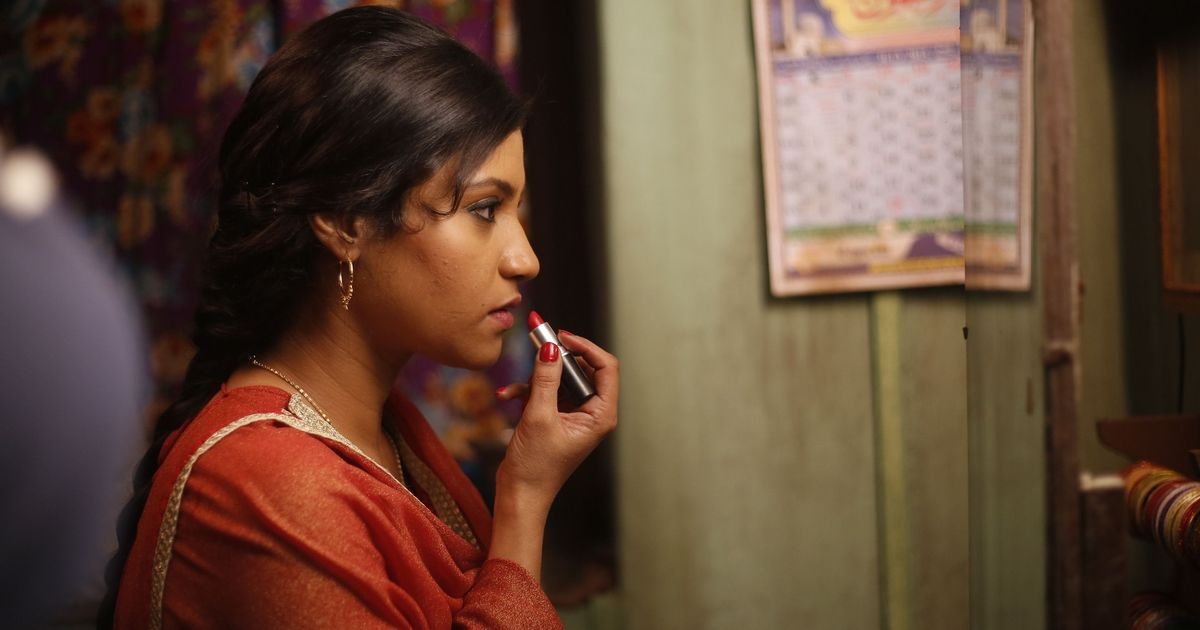The thing about a woman’s body and her bodily agency is that it never really exists in its own right.…
Login to Read!
This content is restricted to site members. If you are an existing user, please log in below. Or you can can create an account here.
